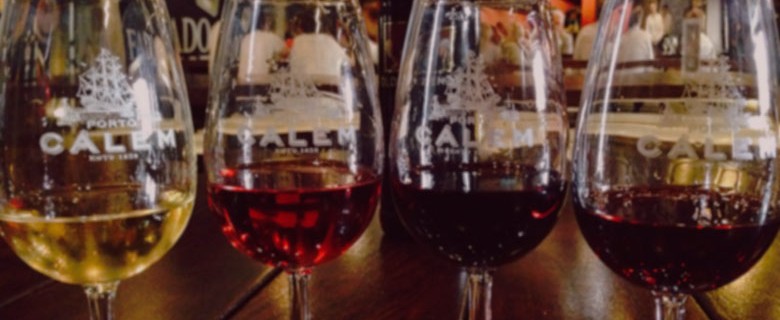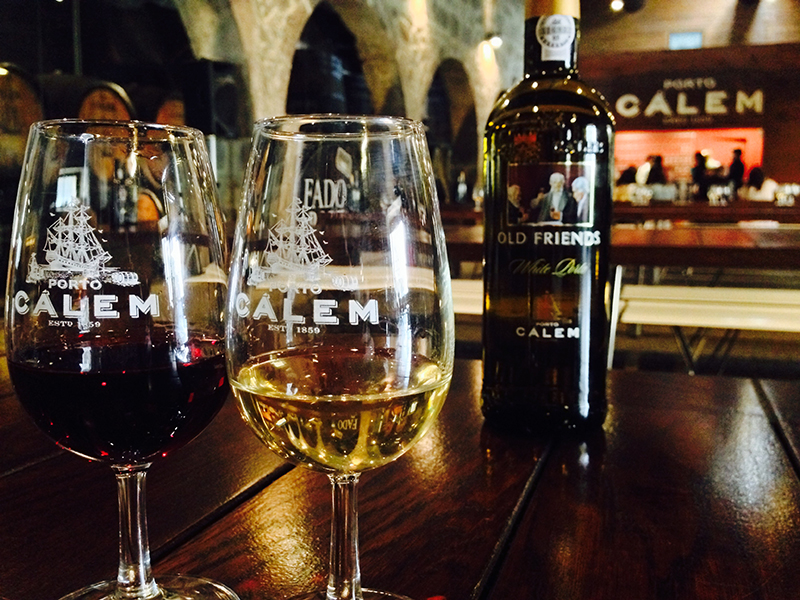In my hometown of Kerala, we have a sizeable population of Christians. Among the many fun things they do (like fruit cake infused with rum!) is making homemade wine. Kerala wine is made from grapes (usually) and during festivals (usually). It is a light red in color, has a tingly sweet taste, and is served chilled.
Growing up in Kerala, this tasty sweet nectar was what I came to know and relish as wine. Hence imagine my surprise when, upon arriving in California, I see the people there losing their pants over this bitter dark red liquid that they called wine. Not only did it not sit well on my tongue, but it also came with names pronounced nothing like they were spelled. If you are from Kerala, and reading this, let me give you a few examples:
One of the popular bitter red liquids is spelled Pinot Noir, but they say ‘Pee-No Nuah’. Then you have Cabernet Sauvignon pronounced ‘Kya-Burr-Nay Saw-vee-nyon’. Don’t even get me started on Gewurztraminer.
As if that isn’t enough, you have people with real jobs and decent IQ scores spending hours debating and arguing over which region in some faraway village in France or Chile had the right temperate climate for growing grapes with the right amount of ‘tannins’ (something that made the wine more bitter. Why would you even want to do that?!). It’s not uncommon in yet another overpriced and underlit wine bar in San Francisco to hear a heated debate like, “Yes perhaps the Rio Negro region in central Argentina has 72% humidity, right for Malbec grapes, but in the Bordeaux valley behind my uncle’s house there is a 1 square meter area where his poodle used to pee that has soil with just the right concentration of nitrates to grow grapes suited for Vintage Merlot”. All this energy expended for fermented grape juice that someone forgot to add sugar to.
Now that I got that off my chest, back to Kerala Wine. Last week I was in Porto, Portugal, which is known for Port wine. In fact, just like you cannot call sparkling wine Champagne unless it is grown in the Champagne region in France, you cannot call sweet wine Port, unless, you guessed it, it is grown in the Porto district.
Porto is a beautiful city with lots of hilly roads similar to San Francisco & Thiruvananthapuram, and insanely high bridges like this one:
I came to Porto to join my friend Rodrigo and a bunch of his pals to spend a guys’ weekend doing guy things like imitating the Reservoir Dogs
and wine tasting
There are 4 main types of Port wine: White, Rose, Red, and Tawny. Then you have a couple fancy ones like Colheita & Vintage. I have had Port wine back in the US, and it was always the Red category. I didn’t know the other kinds existed till my visit here. I first tasted the white and red, and it was good. Sweet fruity all round goodness.
Then I tried the Rose Port. With the first sip, memories of Christmas in Kerala came flooding back. Suddenly, like a game of Nostalgia Tetris, it all fell into place!
I’m extrapolating here, so the rest is just theory pieced together from talking to local Portuguese folks and Wikipedia, so bear with me for any historical inaccuracies:
Kerala Christians came about as a result of conversion to Christianity by Portuguese missionaries who arrived after the first Portuguese explorer, Vasco Da Gama. Hence it would totally make sense that the wine that they brought would also be what continues to be made in Kerala. (Edit: From my friend Praveen, a bonafide Kerala Christian: Christianity came to Kerala in 52 AD brought in by St Thomas, a Jew. Not by the Portugese who converted or tried to convert existing Syrian Christians into Catholicism . Also, wines existed in Kerala much before the Portuguese came. They were made by the jews and were fairly sweet. So it would seem that while the mystery did get solved for me, the wines have nothing to do with the Port wines in Portugal after all…)
One interesting bit of info was that till recently the only Port wines sold in Portugal were White, Red and Tawny. The Rose wines started to be sold only a few years ago. So our wine guide was a bit puzzled when I told him we had Rose port equalents for a couple centuries at least in Kerala. Then he told me how that possibly could have happened. To make Red Port, the grapes are first crushed, and then filtered to remove the pulp and skins. After that, the skins are re-introduced into the liquid for the wine to get it’s dark rich color. For this the skin needs to be separated from the pulp and then re-introduced. If that process is skipped, what you get is Rose wine. So years ago, it’s quite possible that the technique of reintroducing the skins was not practiced. Also, the wine needed to sit in the casks for quite a few months for the color to spread. Rose wine (& Kerala wine) is only fermented for 2 weeks maximum before it is bottled and drank.
So there you have it. Portuguese Port wine in a certain form still being made in Kerala! A couple points still nag at me though. Namely:
- Portuguese Port wine was invented in the 17th century. Vasco de Gama arrived in the 15th century. This implies that a different form of Port wine existed before, or the missionaries continued to hang around Kerala for a couple hundred years.
- Portuguese Port wine involves adding Brandy to preserve sugar (and raise Alcohol levels). Kerala wine does not add extra alcohol, but extra Sugar to increase the sweetness and alcohol content. Was this the traditional Portuguese method and then they changed? Or did Keralites change the recipe?
If any of you readers have an idea, please let the rest of us know in the comments below.










6 Comments
Great!
Vinay
Interesting article ! Did you visit Maritime Museum @ Lisbon ? I send you the route followed by Vasco Da Gama to Kerala in his first trip by email. (Suez canal was not there that time)
look forward to more interesting articles
KK chettan
Wow, I’m hooked on your blog already. Really fun and so well written.
Awesome!
Now make a map on Google Maps and show us your route!
Hi Vinay
I think I found the solution to your nagging points
1. Christianity came to Kerala in 52 AD brought in by St Thomas, a Jew .not by the Portugese who mere
who converted or tried to convert existing Syrian Christians into Catholicism .
2. Jewish wines made in the first century AD were fairly sweet.
Hope this clears your doubts
Thanks so much. That totally makes sense! So the wines in Kerala are derived from the jews then. I tried looking for a source for the wine making and couldn’t find one. Do you have a reference for that?